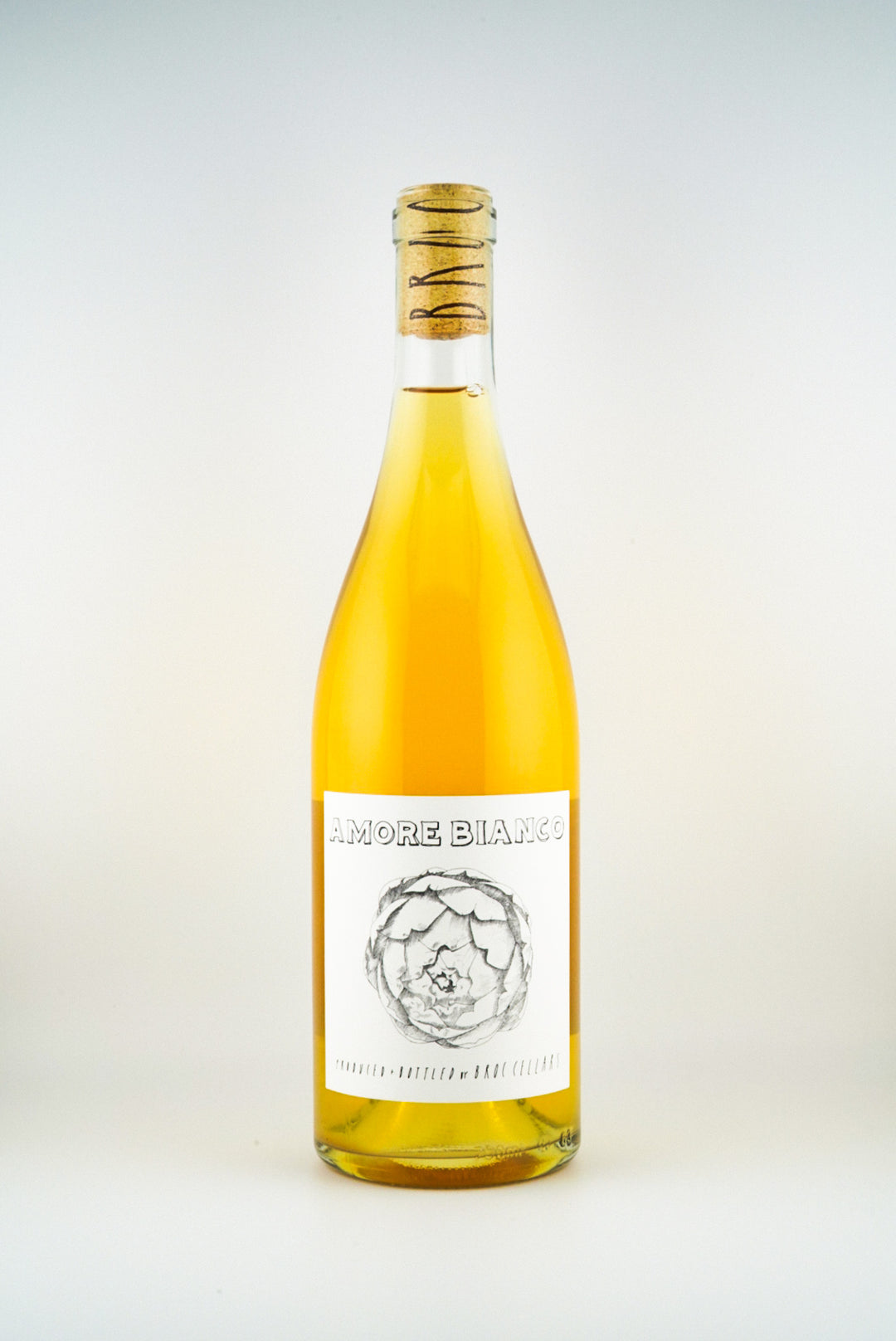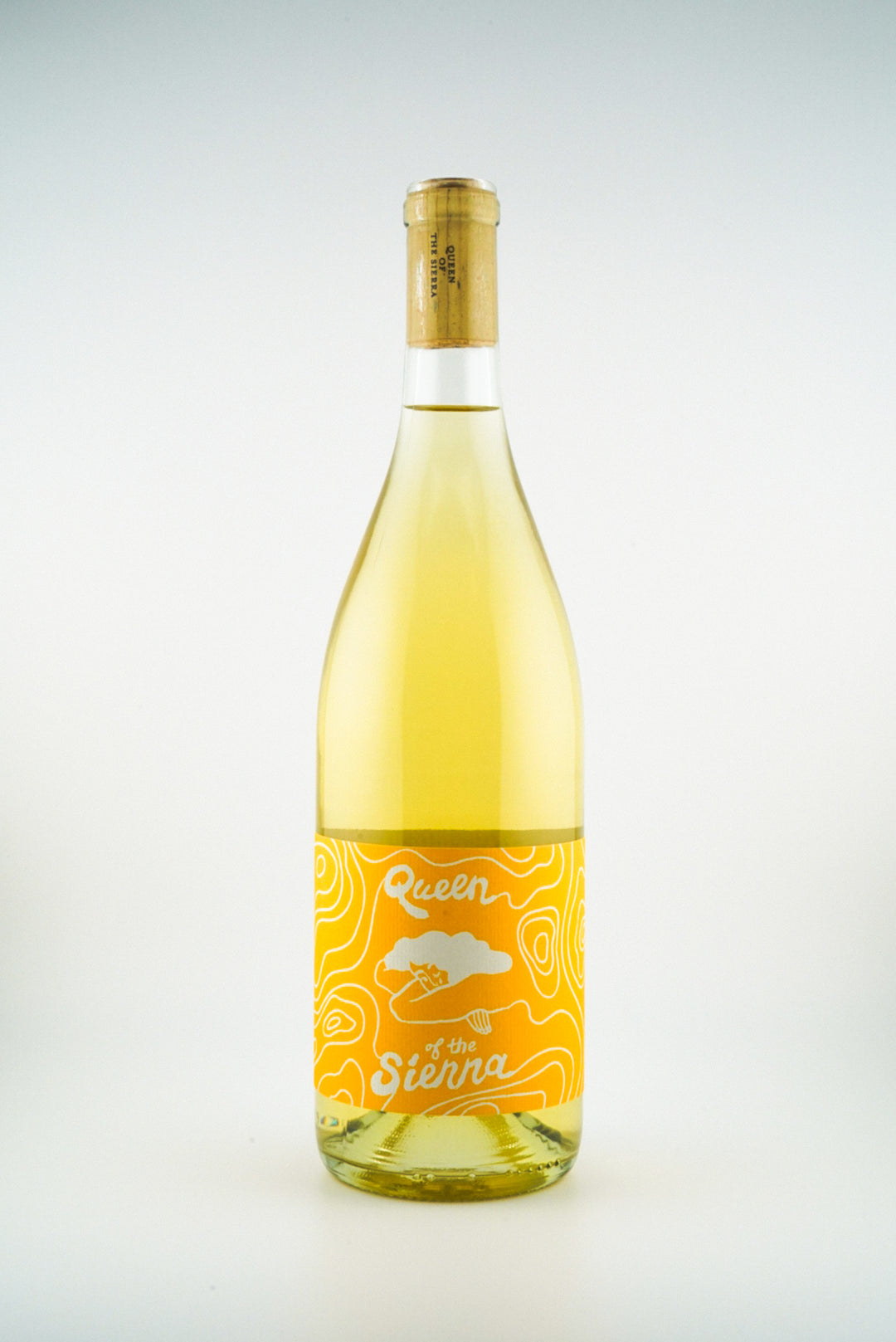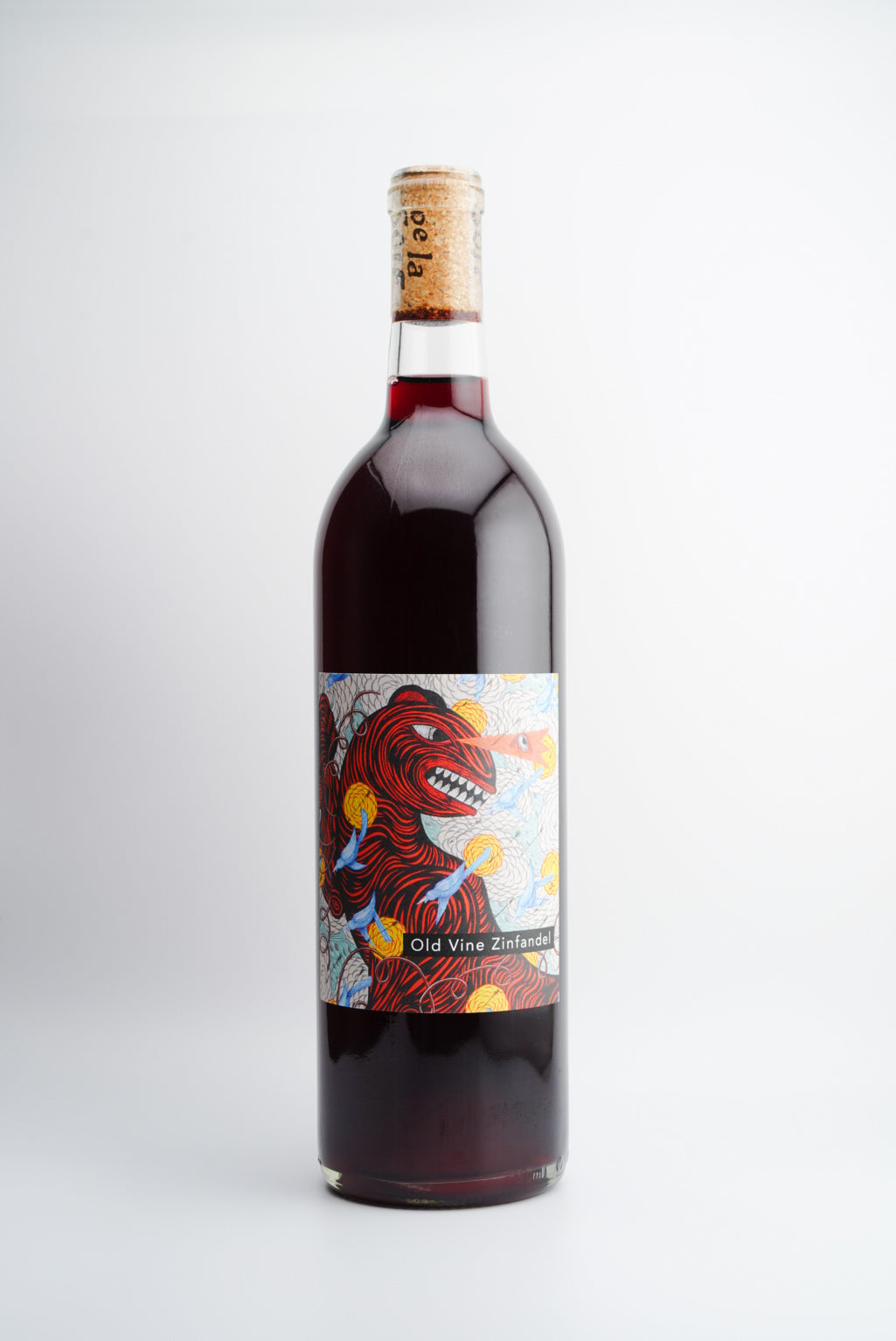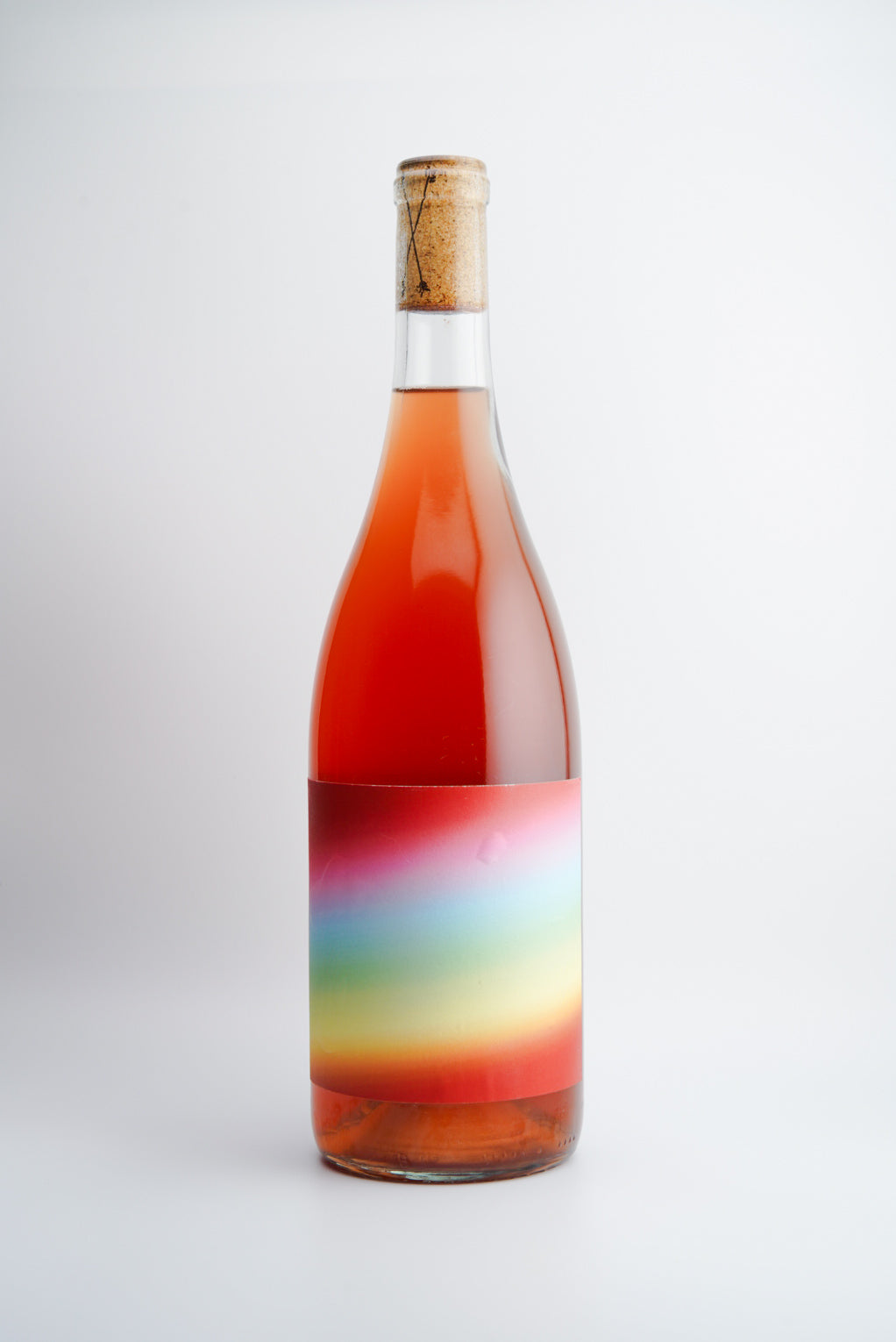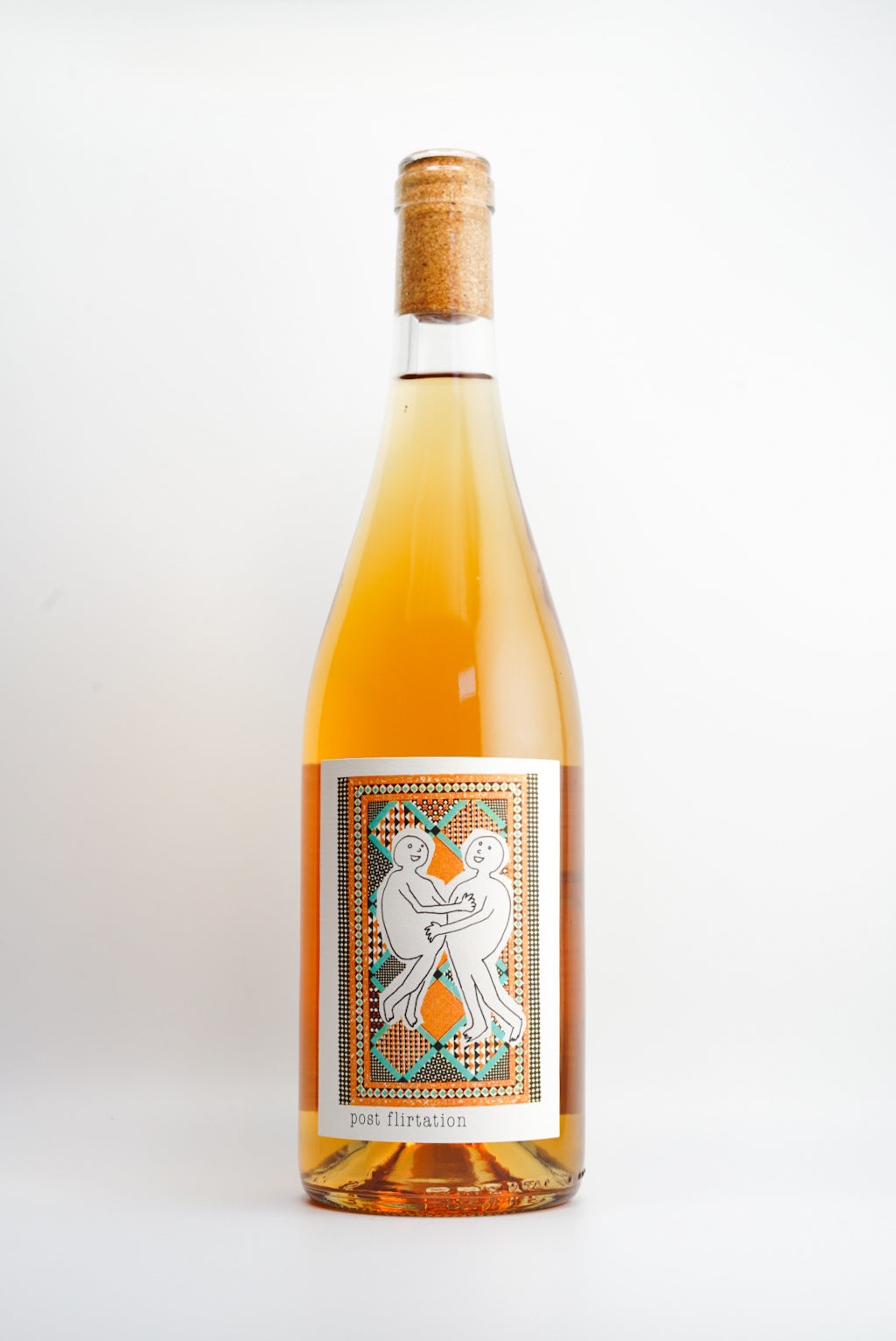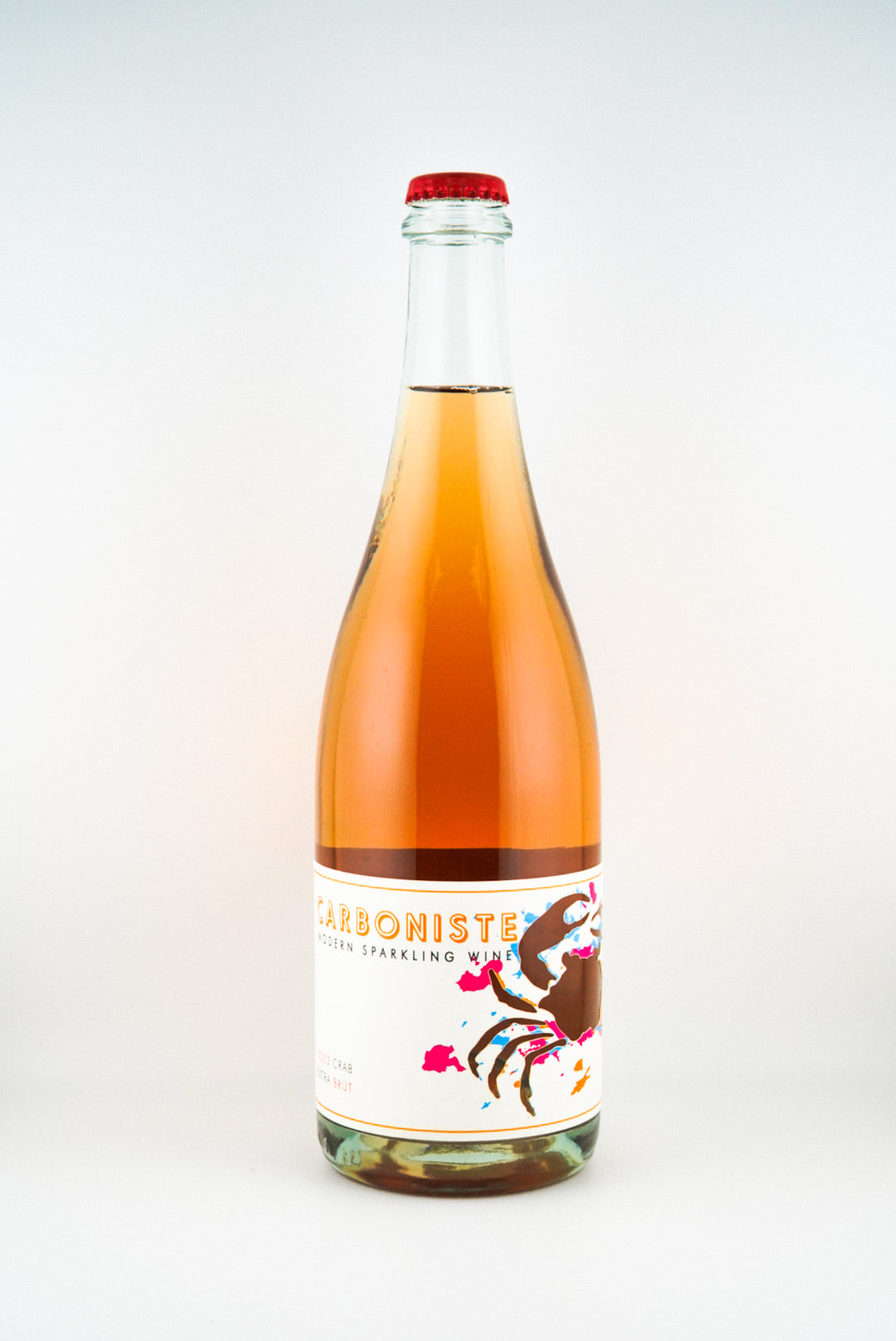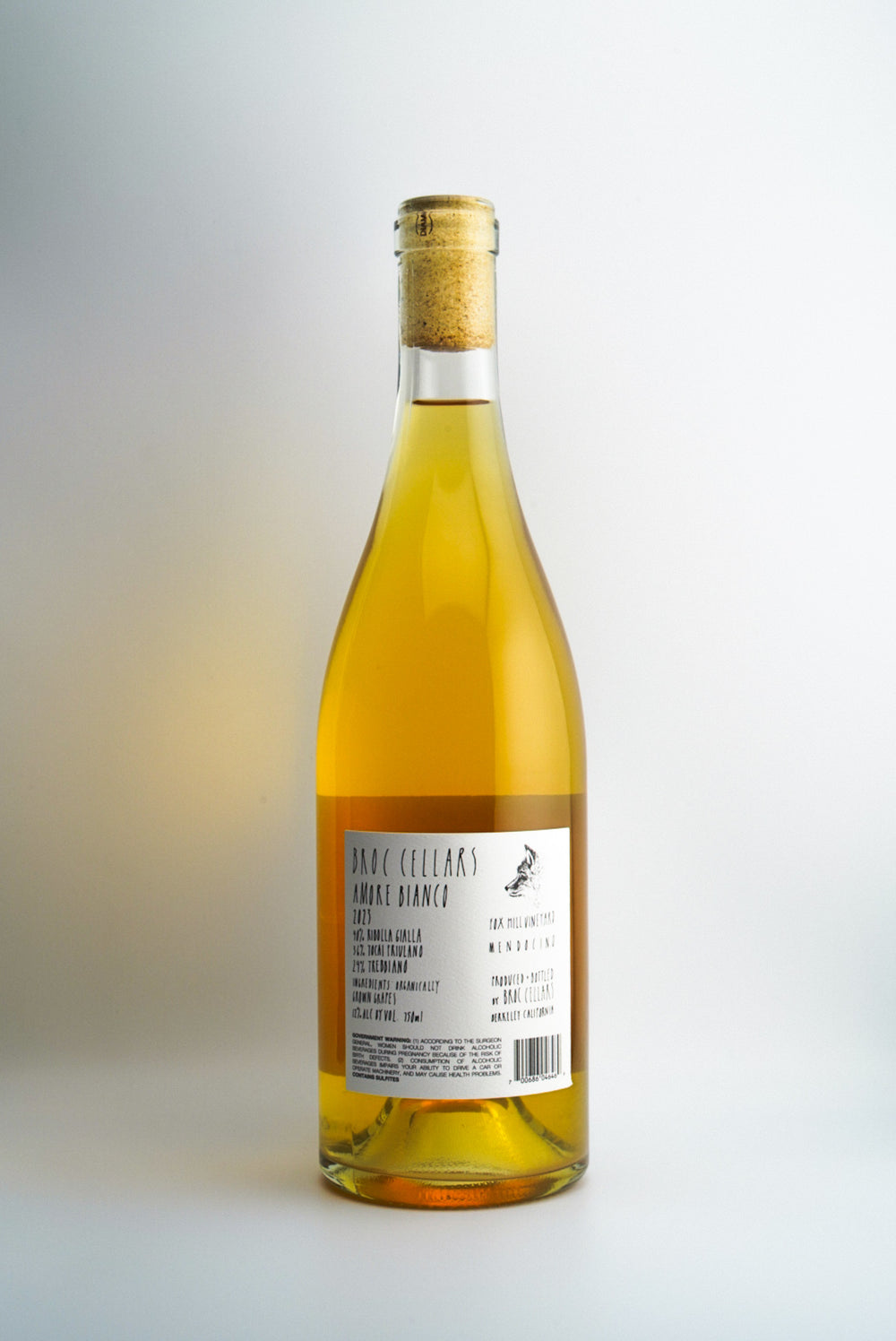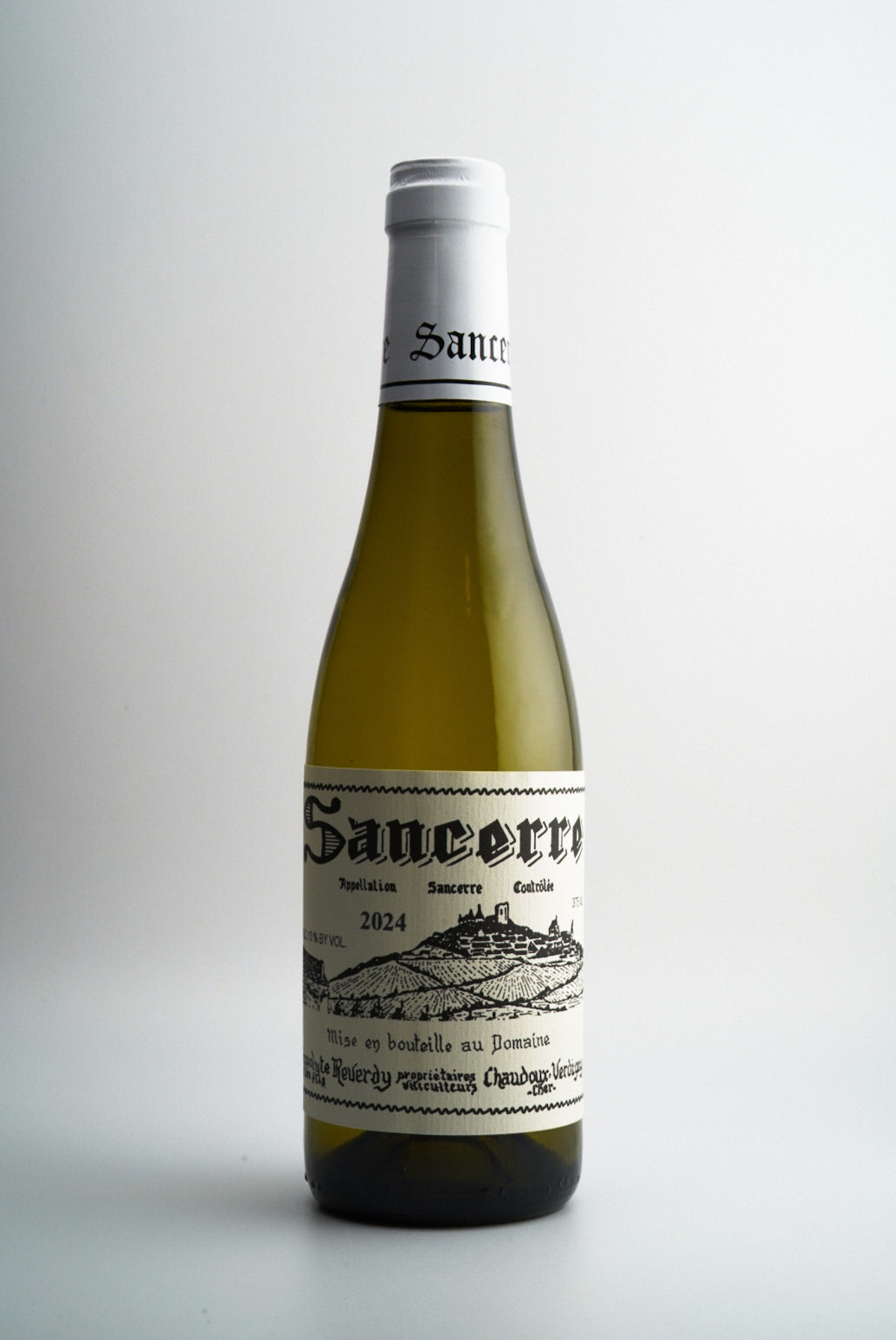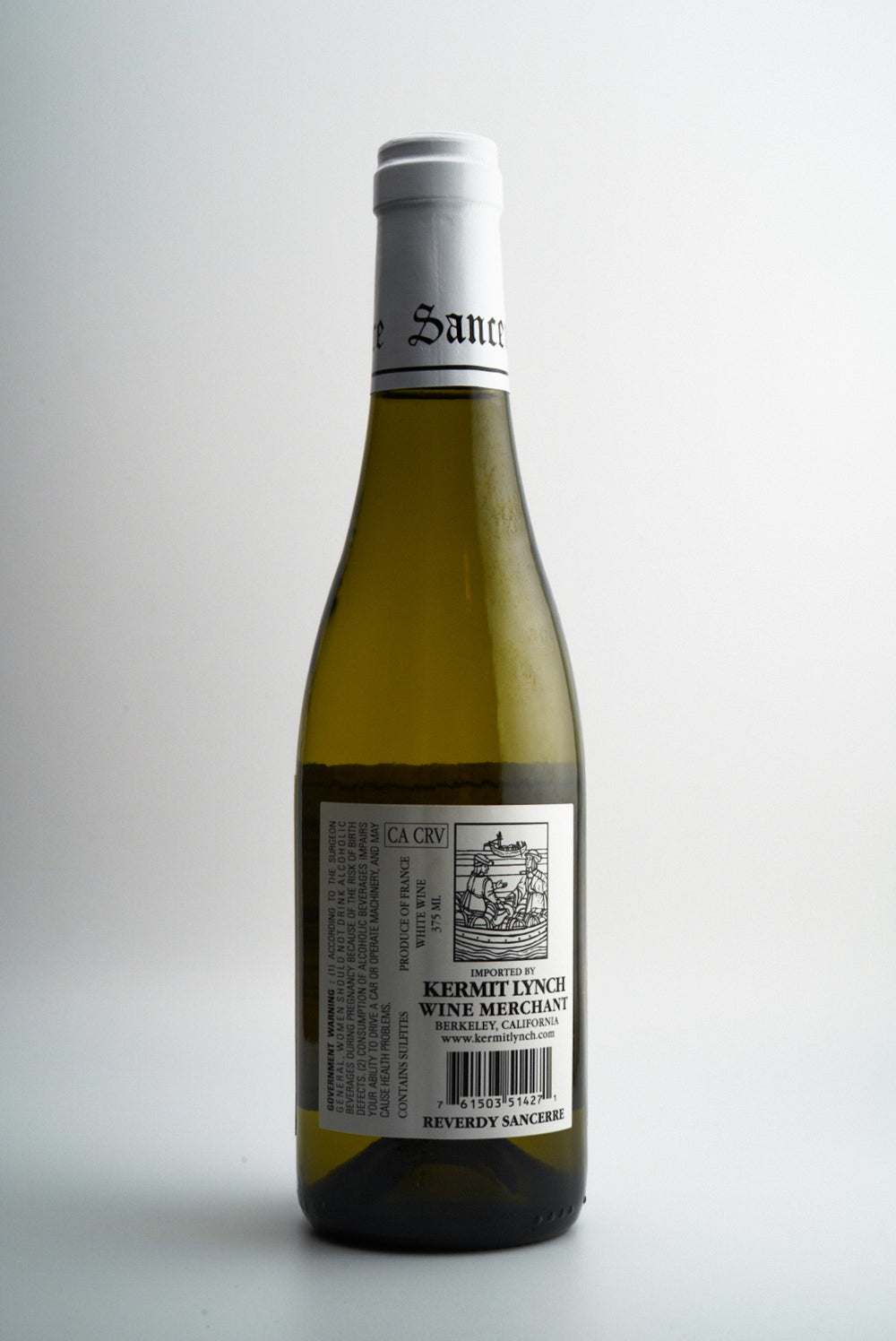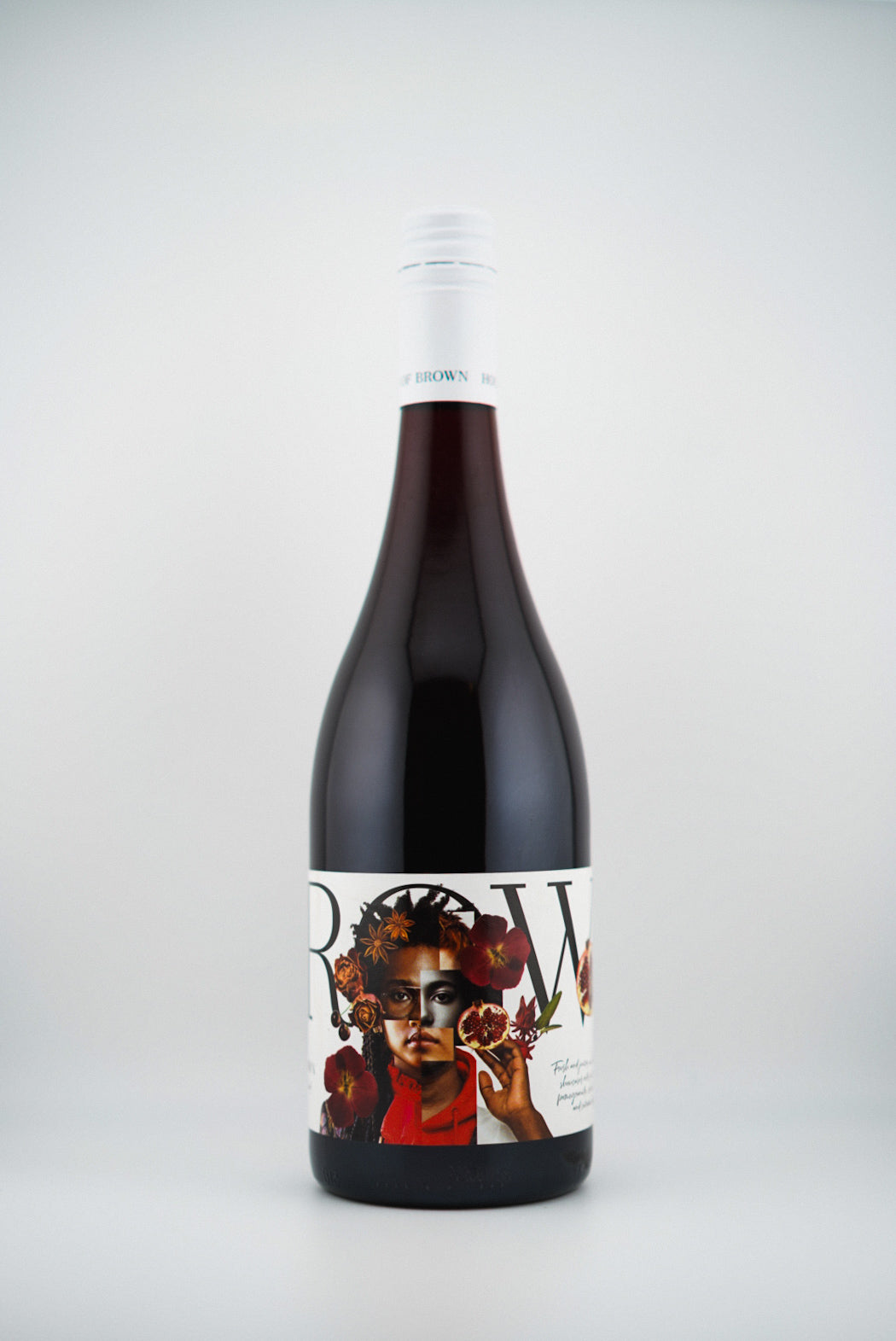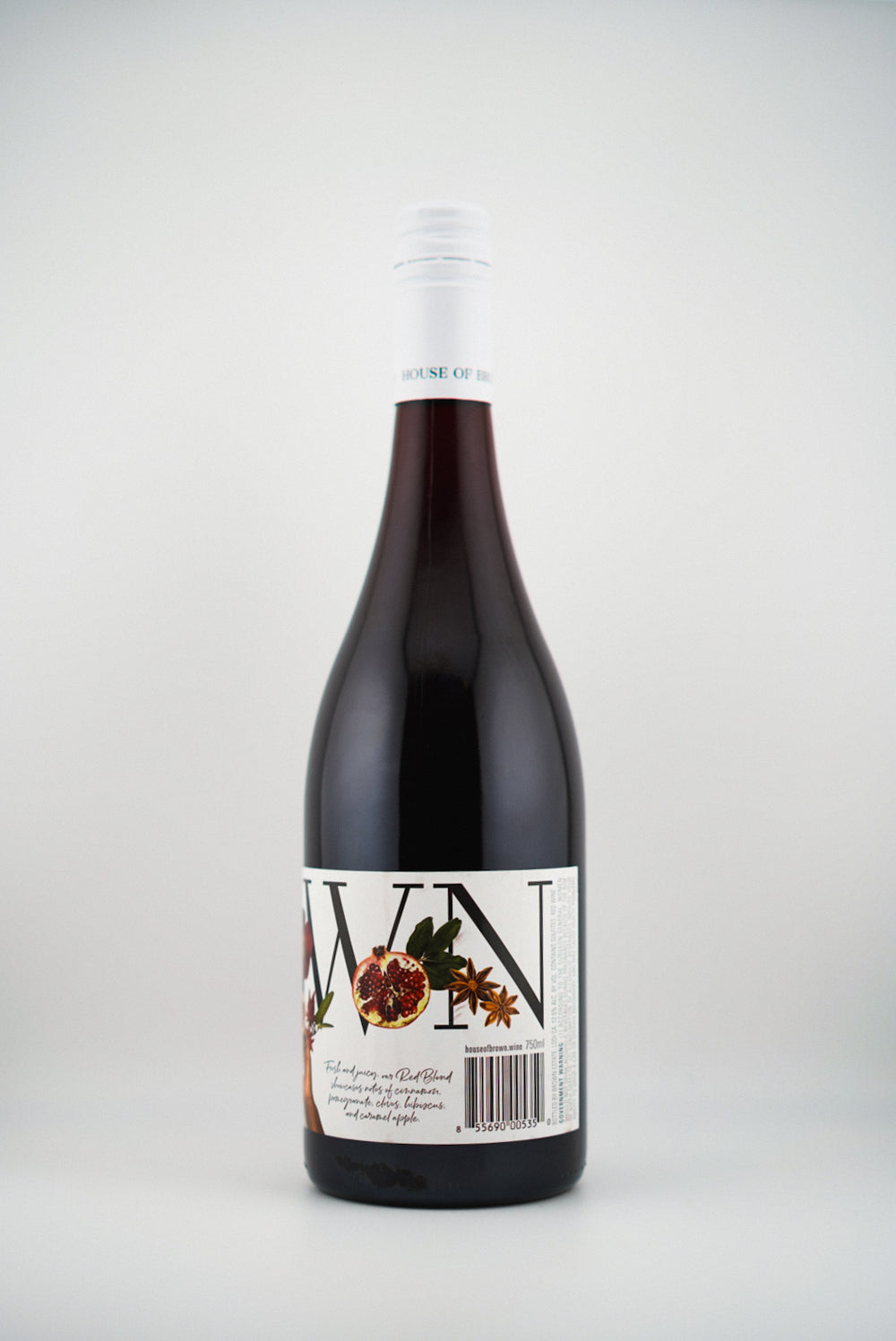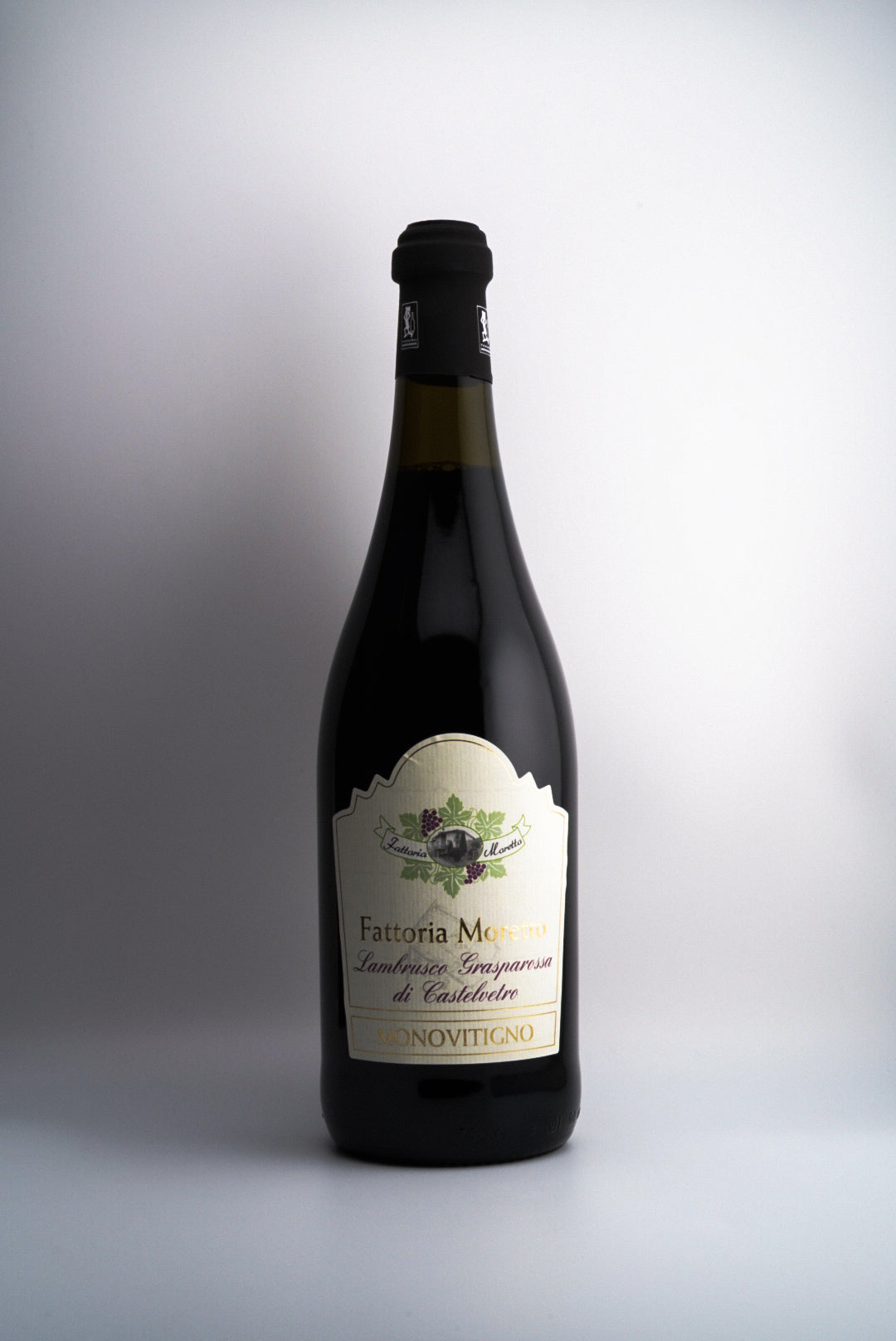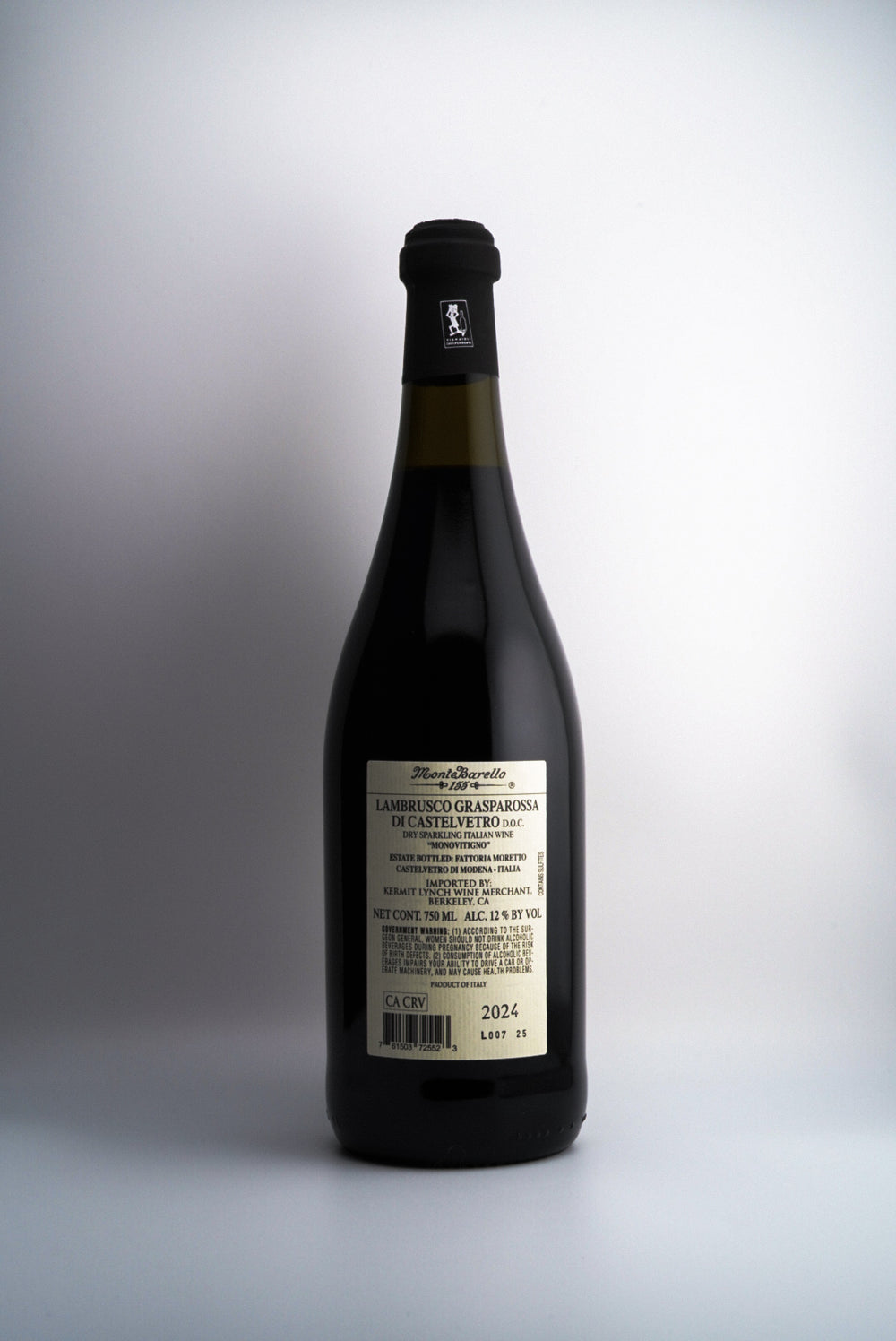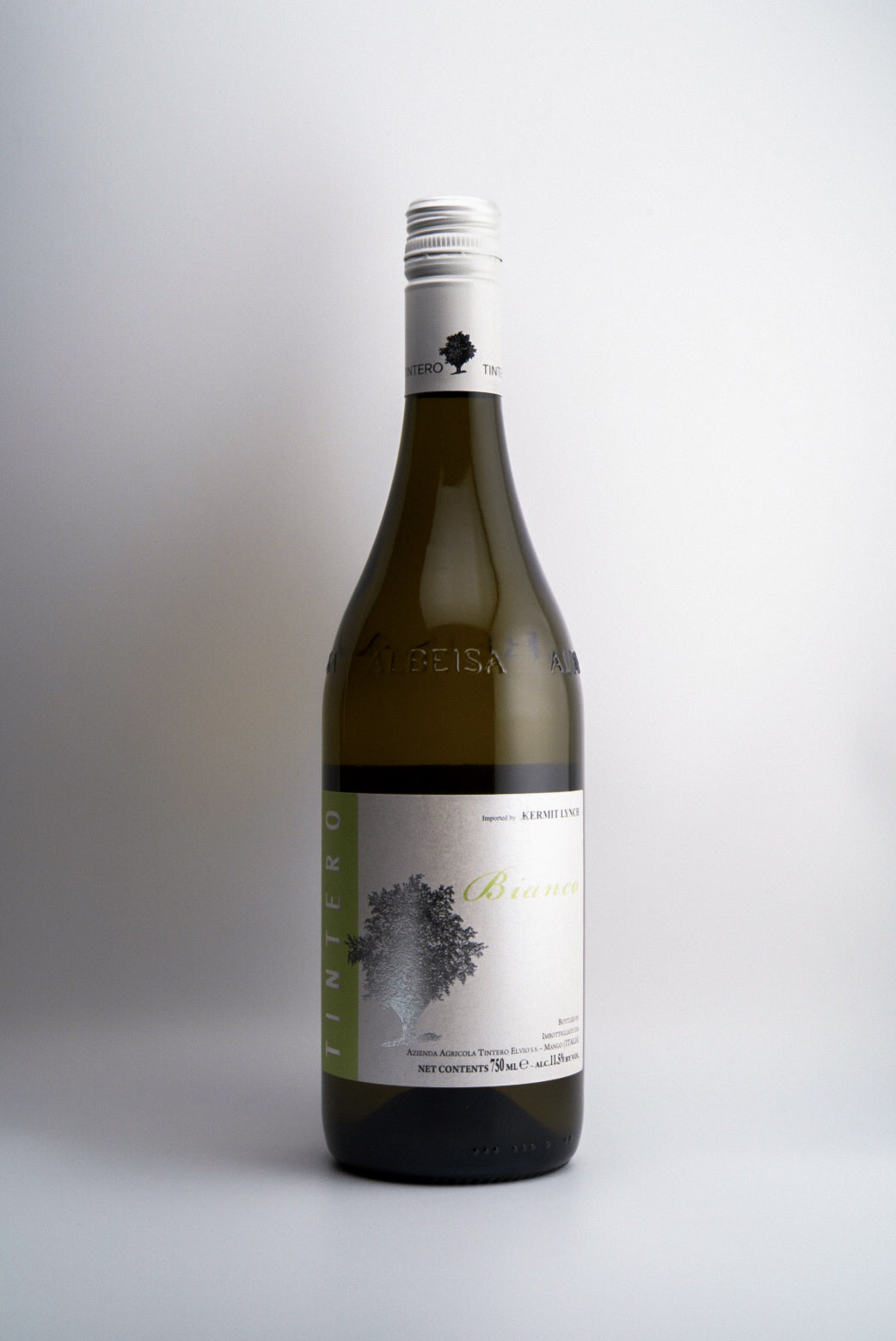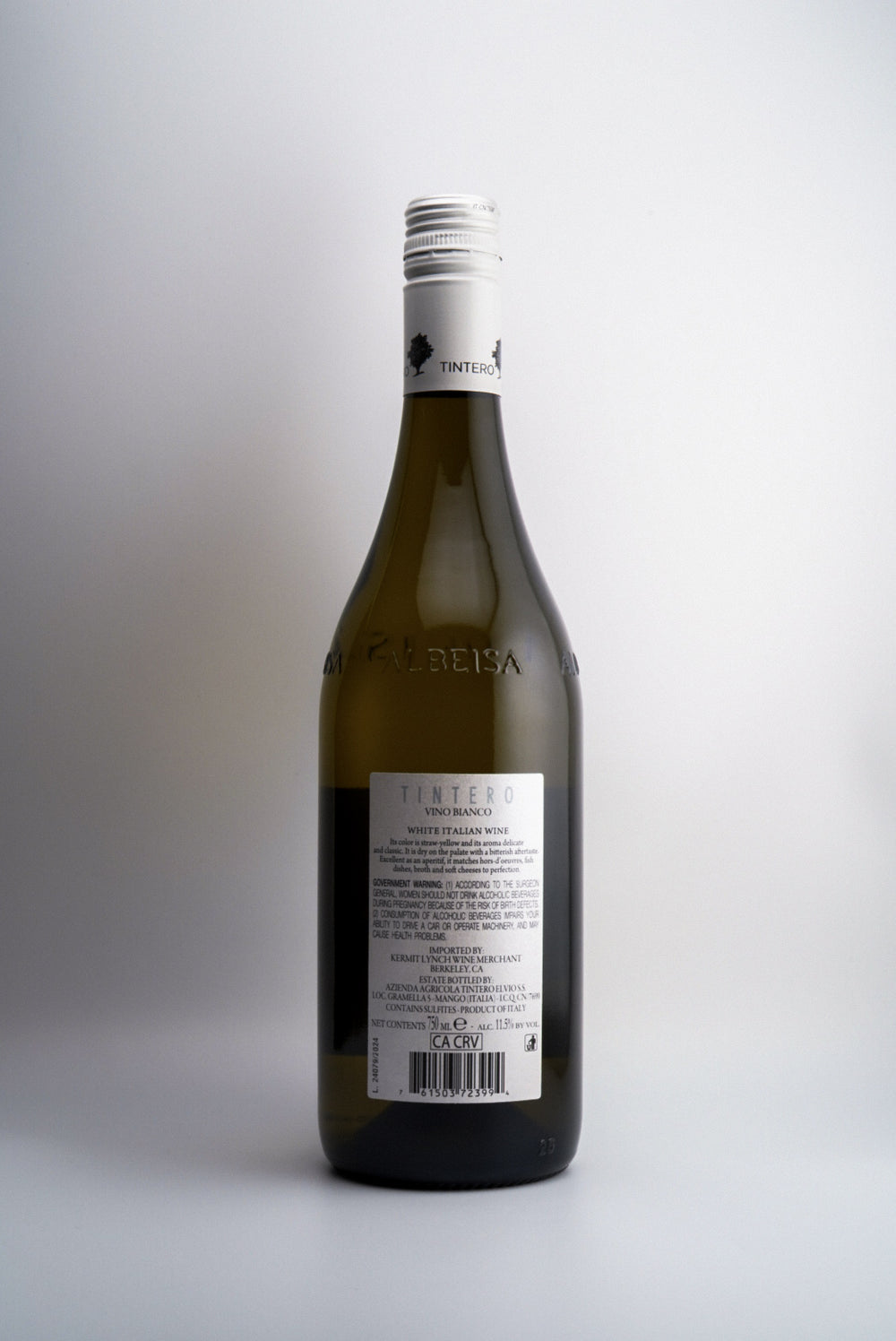Exploring the Difference Between Zinfandel and Pinot Noir

Whether you're planning a dinner party or simply looking to try something new, understanding the differences between popular wine varieties like Zinfandel and Pinot Noir can enhance your wine experience. This article delves into the world of Zinfandel vs Pinot Noir, exploring their unique characteristics, flavors, and food pairings.
The Battle of the Reds: Zinfandel vs Pinot Noir
Zinfandel and Pinot Noir are two distinct red wine varieties that offer very different experiences. Let's break down the key differences between these popular wines.
Origin and History
Zinfandel originated in Croatia but found its true home in California, where it became one of the state's signature grapes. Pinot Noir, on the other hand, has its roots in Burgundy, France, but is now grown in cooler wine regions worldwide.
Grape Characteristics
Zinfandel grapes are thick-skinned, vigorous, and heat-loving, while Pinot Noir grapes are thin-skinned, finicky, and prefer cooler climates. These characteristics significantly influence the resulting wines.
Zinfandel: Bold and Spicy
Zinfandel is known for its bold, fruit-forward profile and spicy kick. The Zinfandel taste is often described as:
- Jammy black and red fruits (blackberry, cherry, plum)
- Black pepper and spice
- Alcohol content (typically 13-15+%)
- Full-bodied with a rich, velvety texture
What does Zinfandel taste like? Imagine biting into a ripe blackberry with a hint of black pepper - that's the essence of Zinfandel. Its bold flavors make it a perfect companion for hearty, flavorful dishes.
Food Pairings for Zinfandel
The robust Zinfandel taste pairs well with:
- Barbecued meats
- Spicy cuisine (Thai, Indian, Mexican)
- Hard, aged cheeses
- Dark chocolate desserts
Pinot Noir: Elegant and Subtle
In contrast to the bold Zinfandel, Pinot Noir offers a more delicate and nuanced experience. Its flavor profile typically includes:
- Red fruits (cherry, strawberry, raspberry)
- Earthy undertones (mushroom, forest floor)
- Floral notes (rose, violet)
- Alcohol content (typically 11.5-14+%)
- Light to medium-bodied with silky tannins
Pinot Noir's lighter body and complex flavors make it a versatile wine that pairs well with a wide range of foods.
Food Pairings for Pinot Noir
Pinot Noir's versatility makes it an excellent choice for:
- Grilled salmon or tuna
- Roasted chicken or duck
- Mushroom-based dishes
- Mild, creamy cheeses
Zinfandel vs Pinot Noir: Which One to Choose?
When deciding between Zinfandel and Pinot Noir, consider the following factors:
- Flavor intensity: If you prefer bold, spicy wines, go for Zinfandel. For a more subtle, elegant experience, choose Pinot Noir.
- Food pairing: Zinfandel is great for rich, spicy foods, while Pinot Noir complements lighter dishes.
- Occasion: Zinfandel is great for casual barbecues, while Pinot Noir shines at more formal dinners.
- Season: Enjoy Zinfandel's warming qualities in cooler months, and Pinot Noir's refreshing nature in warmer weather.
- Personal preference: Ultimately, the best choice is the one that appeals to your palate.
Appreciating the Diversity of Red Wines
Understanding the differences between Zinfandel and Pinot Noir opens up a world of wine appreciation. Both wines offer unique and enjoyable experiences, whether you're drawn to the bold, spicy notes of Zinfandel or the elegant subtlety of Pinot Noir.
At Harvest Wine Shop, we're passionate about helping people in San Diego and beyond discover new favorites. Explore our selection of premium Zinfandels and Pinot Noirs to experience the diverse flavors these remarkable wines have to offer. Remember, the best way to truly understand the difference between Zinfandel and Pinot Noir is to taste them side by side. Enjoy your wine adventure!


